
Breaking News: Unilorin Alumi Association: 'We were warned' - Opinion
Breaking News: Breaking: Court Restrains Oyo Assembly from Further Impeachment Process Against Makinde’s Deputy, Olaniyan
Breaking News: Labour leaders physically assault Ogun journalists for covering strike, harass hospital workers
Breaking News: Congratulations Asiwaju – Osinbajo’s spokesperson accepts defeat
Breaking News: Finalissima: Messi steals show, beats European Champion, Italy
By Dayo DaSilva
In January 2026, Nigerians will wake up to yet another government-imposed burden, a 5% surcharge on all fossil fuel sales. The new tax, written into law as part of a broader fiscal reform agenda, will be collected at the point of sale on every litre of fuel. Only a few energy products such as cooking gas, compressed natural gas and household kerosene have been spared. For millions of Nigerians who rely on petrol and diesel to move, trade and survive, this surcharge is another nail in the coffin of affordability.
To understand this tax, one must first understand the politics behind it. Since May 2023, President Bola Ahmed Tinubu has presented himself as a reformer. He swept into power with dramatic policy changes, the most controversial being the removal of fuel subsidy, which he justified as a drain on public resources riddled with fraud. Yet rather than sanitise the subsidy process, he simply abolished it. Almost overnight, petrol prices tripled, transport fares skyrocketed and food inflation spun out of control.
The hardship that followed was not accidental. It was, many argue, part of a calculated political script, squeeze Nigerians dry, allow suffering to reach unbearable limits, then introduce selective interventions and targeted subsidies to paint the handler as a saviour later. It is the oldest trick in politics, manufacture the crisis, then pose as the solution.
Tinubu’s fiscal policies have followed this same arc. Beyond subsidy removal, his government has introduced or attempted to introduce a raft of new levies, a cybersecurity levy on bank transfers, increased VAT collections, excise duties on beverages, and even withholding and turnover taxes that discourage small business survival. Layered together, these policies have suffocated companies and ordinary citizens alike. Investors are leaving, industries are shrinking and the unemployment line is growing longer.
The newly-announced fossil fuel tax is not just another revenue tool, it is a political device. By sparing certain energy products such as cooking gas, Tinubu creates a controlled space where he can later “privately subsidise” or selectively “support” citizens in ways that amplify his image as a caring leader. In other words, Nigerians will be forced to bleed first, so that later, any token relief looks like generosity.
The African Playbook of Manufactured Hardship
Tinubu is not the first African leader to wield hardship as a political weapon. Across the continent, rulers have often used policies that strangle their citizens, only to return with half-measures that cement their power.
In Zimbabwe, Robert Mugabe presided over years of economic collapse, hyperinflation and food shortages. Yet whenever discontent peaked, he would distribute land, food aid, or subsidies in a way that rebranded him as the champion of the poor, never mind that his policies caused the suffering in the first place. The strategy was simple, keep the people desperate, then appear indispensable.
In Uganda, Yoweri Museveni mastered the art of selective relief. After introducing taxes and economic measures that strained the population, he would occasionally slash school fees, lower fuel duties, or gift subsidies in rural areas, all while presenting himself as the father who understands the people’s pain. His calculated gestures were less about reform and more about survival in power.
Closer to home, Nigeria under military regimes often employed the same tactic. General Ibrahim Babangida’s Structural Adjustment Program in the late 1980s plunged Nigerians into hardship with devaluation, subsidy cuts and austerity. Yet his government rolled out carefully packaged palliatives like the “Better Life for Rural Women” program, designed to soften resistance and mask the real damage.
What we see today under Tinubu is a continuation of this African playbook. Manufactured hardship becomes the raw material for political capital. Relief is not a right, but a performance staged for maximum political mileage.
“Reform or Ruin?”
Going into experts opinions, economists are divided on Tinubu’s approach, though most agree the burden on citizens is unsustainable.
Dr. Adebayo Adetomiwa, a Lagos-based development economist, argues that “the government is weaponizing reform. Every economy needs restructuring, but in Nigeria’s case, these reforms are being pushed without shock absorbers. You cannot overtax poverty and expect prosperity.”
Professor Grace Onwubiko of the University of Nigeria paints an even bleaker picture saying “What Tinubu is doing is classic crisis politics. He takes away lifelines, fuel subsidy, exchange stability, then returns with selective handouts. It creates the illusion of control but leaves the system weaker. It is unsustainable and dangerous for national stability.”
International observers have also raised concerns. A recent policy note from a West African macroeconomic research group concluded that, “Tinubu’s taxation and heavy reforms risk shrinking the Nigerian middle class, deepening poverty and accelerating corporate exits from Africa’s largest market.”
The Data: Inflation, Unemployment and Corporate Exits
The lived reality is confirmed by hard numbers. Since May 2023, inflation has surged above 30%, with food inflation crossing 40%, the highest in decades. Basic staples like rice, bread and cooking oil are now out of reach for millions.
Unemployment and underemployment together hover near 50%, with many university graduates joining the swelling ranks of street vendors, commercial riders and gig workers.
Corporate exits tell another story. Major firms such as GlaxoSmithKline, Procter & Gamble and several manufacturing companies have either shut down or relocated operations, citing rising costs, tax pressure and an unstable naira.
Foreign investment inflows have dropped by nearly half, as Nigeria loses competitiveness to smaller but more stable African economies like Kenya, Ghana and Rwanda.
These numbers reveal more than an economic downturn, they point to a deliberate system of extraction where survival itself is taxed.
What Responsible Governance Should Look Like
In a responsible government, taxation is never the first tool for solving economic challenges, it is the last. True leadership creates an enabling environment for businesses to thrive, builds critical infrastructure like roads, power and rail, and such government is intentional about stimulating productivity. When citizens are empowered with opportunities, when industries are supported and when innovation is encouraged, the economy naturally expands. It is from such growth that responsible taxation can be drawn lightly, transparently and in a way that builds trust between the state and its people.
Unfortunately, Nigeria’s leadership has often taken the opposite path. The failure of government to plan, support and innovate has been turned into an excuse to squeeze citizens dry. Instead of accountability, Nigerians face endless levies. Instead of ingenuity, they face repeated demands for money that cannot be traced to tangible outcomes. Taxation, in this model, becomes punishment for the people’s resilience rather than partnership in national development. A government devoid of ideas has chosen over-taxation as its shortcut and the people are left to carry the weight of its failures.
But it raises a deeper question, what exactly is a Nigerian entitled to as a citizen? In many countries, birth secures a social safety net, healthcare, unemployment support, even housing subsidies. Here, Nigerians are handed only taxes, suffering and silence. Is being born in Nigeria a crime, when elsewhere citizenship is a guarantee of dignity and opportunity?
The Danger of the Second Term
The real threat lies in the future. If Nigerians fall for the illusion and reward Tinubu with a second term, the cycle of engineered suffering and selective rescue will only deepen. The next four years could bring more taxes, more inflation and more deliberate scarcity, all justified as reform, all orchestrated to keep citizens dependent on the man at the top.
Nigeria is already groaning. Depression, silent suffering and mass poverty are no longer statistics, they are daily realities. What is happening is not reform but extraction. What is at stake is not subsidy or taxation but truth itself, whether Nigerians can see through the manipulation and resist a future built on deliberate suffering.
Tinubu has built his politics on survival, not sincerity. And in the end, this new fossil fuel surcharge is less about fixing Nigeria’s economy than about fixing the stage for his own political performance.
Dayo DaSilva (amncs, arpa) is a media Professional and Publisher.
Email: dsv123ng@yahoo.com
Newsletter

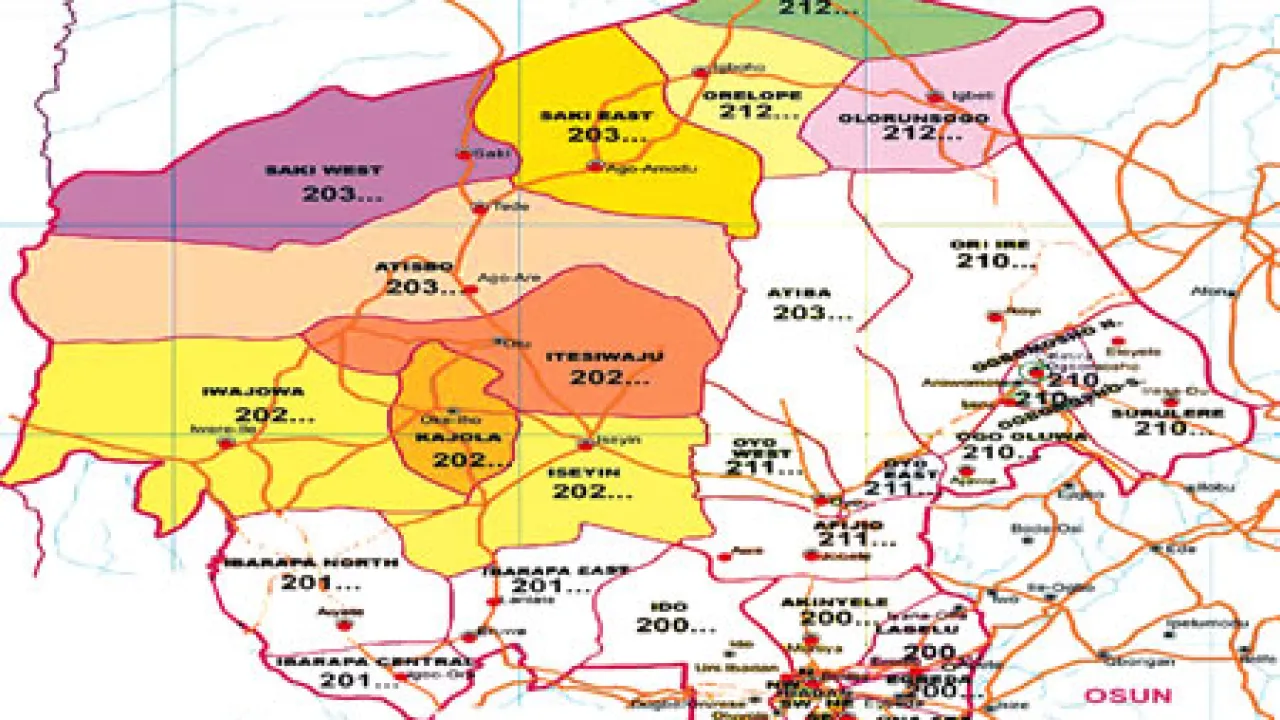

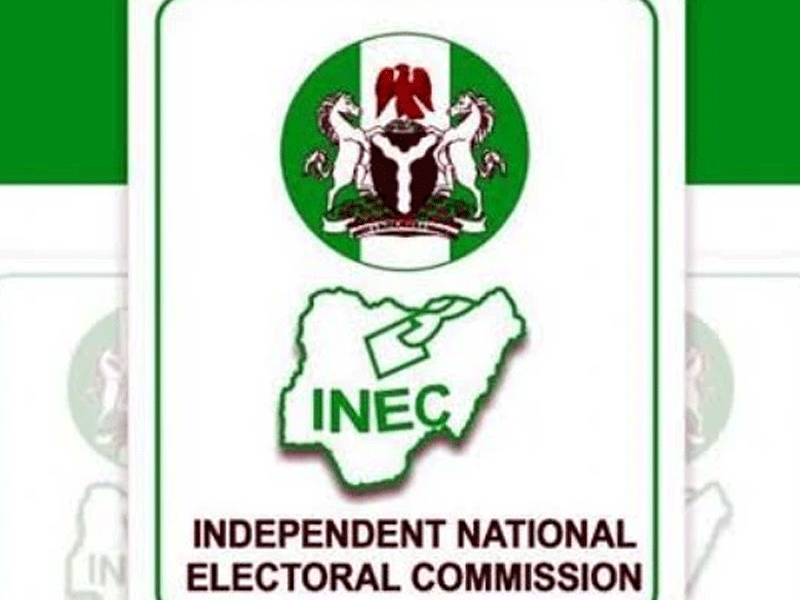
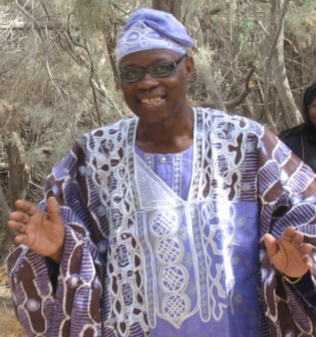
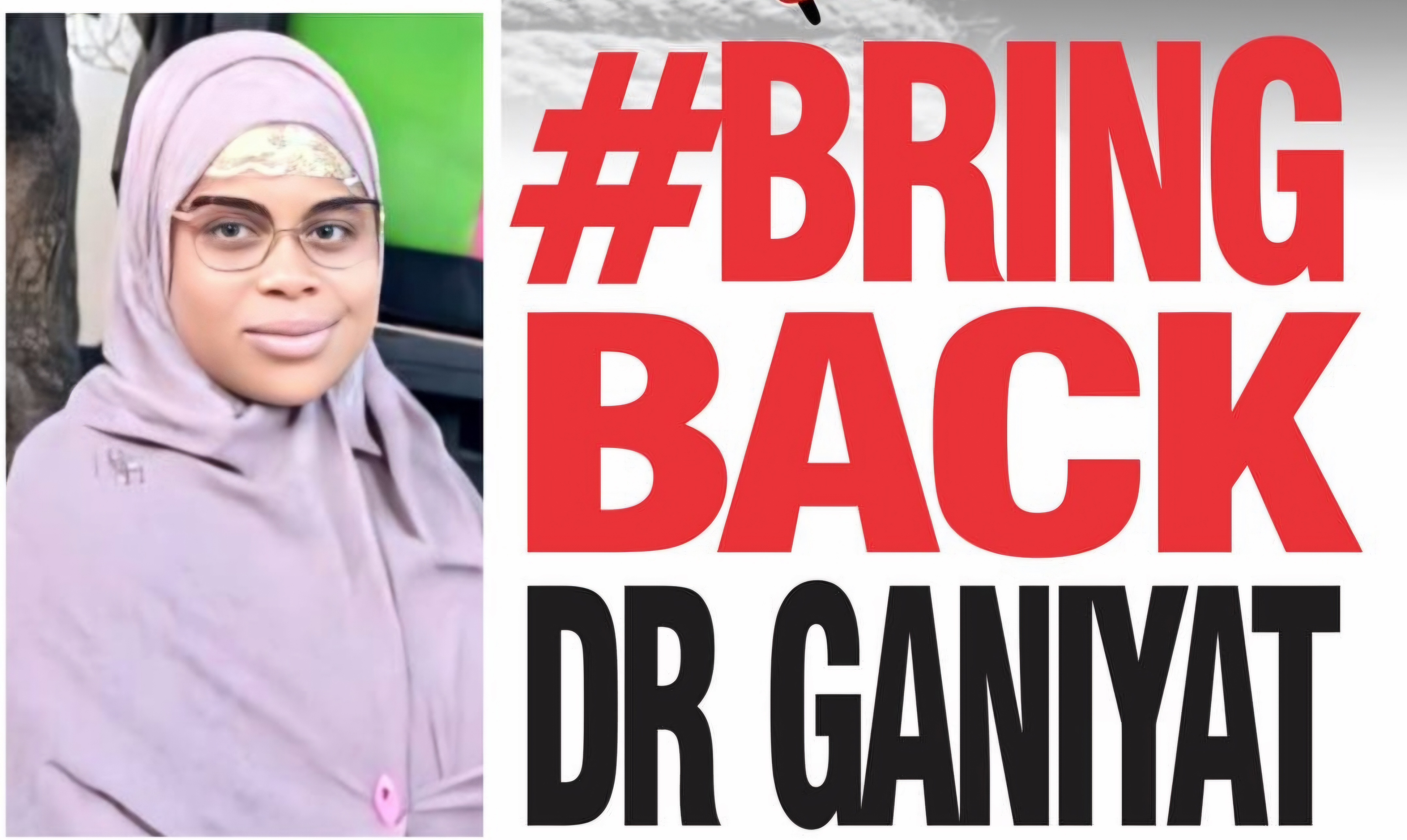
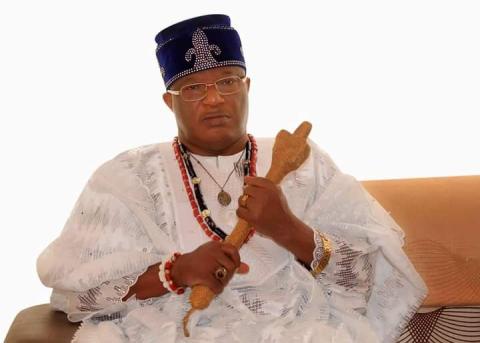
We are not gonna make spamming
Copyright By @ HorizonTimes - 2026
BACK TO TOP